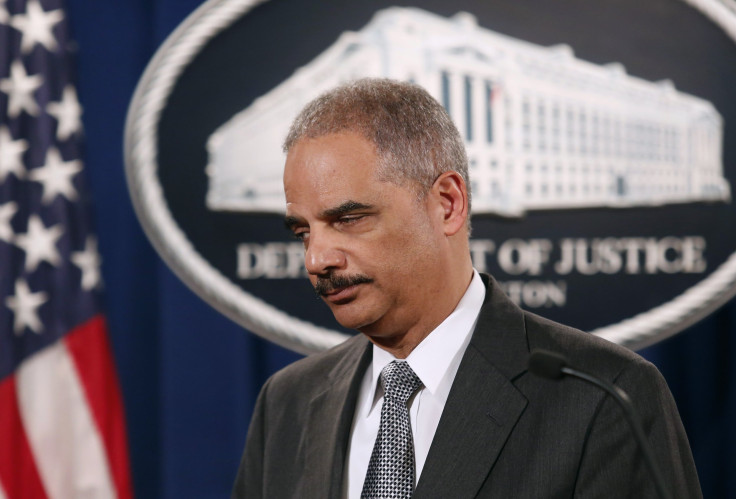NYC Russian Spy Ring Charged: Banker Evgeny Buryakov, 2 Others Gathered Intel For Russia, Tried To Recruit Sources

Federal authorities in New York City arrested a man Monday and identified two other individuals as members of a Russian spy ring, prosecutors said. The men allegedly attempted to gather intelligence and recruit city residents to aid Russia’s foreign intelligence service, the SVR, Reuters reported.
One suspect, identified as Evgeny Buryakov, allegedly posed as a banker at the New York City branch of Russia’s state-run Vnesheconombank, ABC News reported. Federal authorities arrested Buryakov in the Bronx. The other two suspects, Igor Sporyshev and Victor Podobnyy, are Russian diplomats, working as a trade representative and an attaché, respectively, out of Russia’s permanent mission to the United Nations.
“These charges represent our firm commitment to combating attempts by covert agents to illegally gather intelligence and recruit spies within the United States,” U.S. Attorney General Eric Holder said in a statement. “We will use every tool in our disposal to identify and hold accountable foreign agents operating inside this country -- no matter how deep their cover.”
Both Sporyshev and Podobnyy were protected by diplomatic immunity and are no longer in the United States, the Los Angeles Times reported. All three men face criminal charges. Specifically, the three individuals were tasked with uncovering information on possible U.S. economic sanctions against Russia, as well as U.S. attempts to pursue alternative energy, the New York Post reported. The spy ring has operated since at least 2012, authorities said.
Federal agents began investigating the three men after the arrests of 10 purported Russian spies in 2010, including Anna Chapman, for attempting covertly to uncover U.S. foreign policy secrets. Chapman and the nine other individuals were later sent back to Russia as part of a prisoner exchange.
Prosecutors said Buryakov passed information to Sporyshev via bags or magazines during face-to-face meetings as he could not communicate directly with Russian government officials. Sporyshev and Podobnyy would then send the gathered intelligence to Moscow.
© Copyright IBTimes 2025. All rights reserved.






















